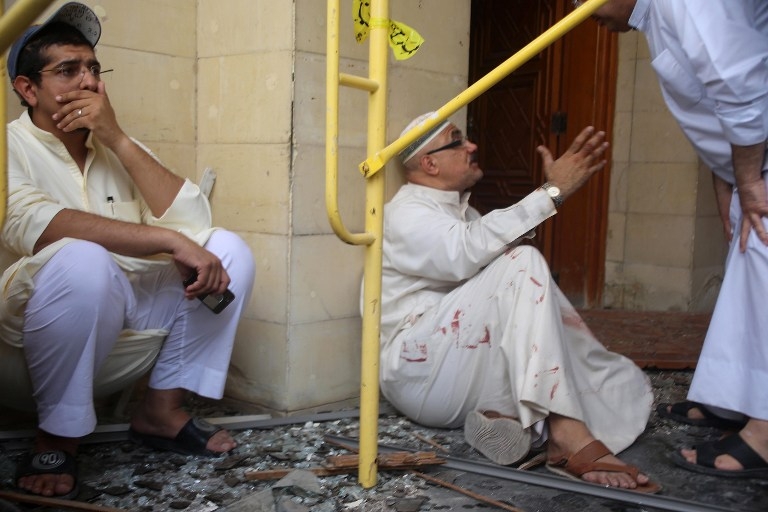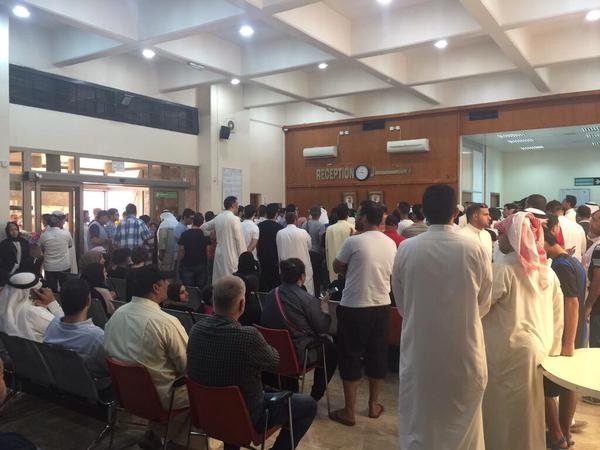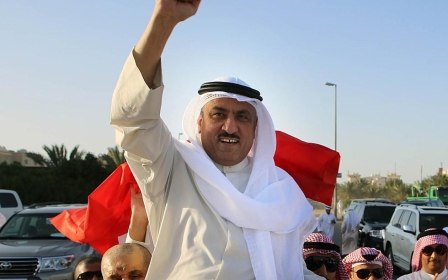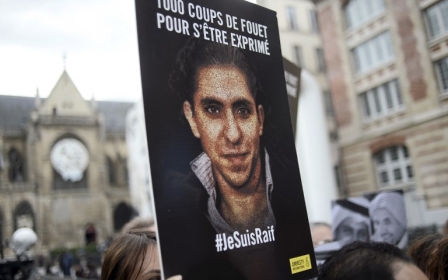Blast hits Shia mosque in Kuwait during Friday prayers

An explosion rocked a Shia mosque in Kuwait during afternoon prayers on Friday, in what is thought to be the deadliest attack to hit the relatively peaceful Gulf state in years.
The bomb targeted al-Imam al-Sadeq mosque in the centre of Kuwait City, the capital of Kuwait, on Friday afternoon.
The death toll rose to 27 in the hours after the attack.
Up to 50 people were also feared injured in the suicide attack.
The first victim to be officially named was 16-year-old Mohammed Ahmed al-Jaafar.
Translation: One of the martyrs of the al-Imam al-Sadeq mosque bombing is this child, Mohammed Ahmed al-Jaafar
Local news sites named another of the victims as Jasem al-Khawaja, an assistant professor of social sciences who had worked at Kuwait University since 1980.
Khawaja had published six books, and specialised in psychological trauma and local attitudes towards sex and relationships.
A former pupil wrote on Twitter that Khawaja was "like a father".
"We learned so much from you - rest in peace."
In the wake of the attack, long queues were reported at a local blood bank, which announced that it would remain open until 01:00 local time to collect donations.
Islamic State (IS) later claimed responsibility for the attack.
In a statement released after the bombing, IS named the perpetrator as Abu Suleiman al-Muwahhad, saying he had entered the mosque wearing an explosive belt.
Reports suggested that Muwahhad was an Egyptian national, although the claim could not be immediately verified.
According to the IS statement, the mosque was targeted because it hosts lessons that support Shia "ideology".
Al-Imam al-Sadeq mosque is named after the sixth Shia imam, and had been holding a special event aimed at local youths ahead of afternoon prayers.
Photographs said to be from the scene showed people in blood-stained white robes on the floor of the mosque, which was covered with debris from the blast.
One of the images shared from the scene appeared to show a small boy among the injured worshippers.
Unverified footage claiming to be from the scene showed fires buring inside the mosque, as worshippers searched the debris for survivors.
Translation: Video: Explosion at al-Imam al-Sadeq mosque in al-Sawabir, Kuwait. May God save Kuwait from evil
The emir of Kuwait, Jaber al-Ahmed Al Sabah, arrived at the scene less than an hour after the blast.
The area surrounding the mosque was shut after the attack, with a concentrated security presence.
In a statement released after an emergency meeting, Kuwaiti Prime Minister Jaber Mubarak Al Sabah denounced the attack as "an attempt to threaten the unity of the nation".
Justice Minister Yaqub al-Sania echoed his sentiments, saying the attack was a "criminal terrorist act".
Kuwait's interior ministry said a number of suspects were held for questioning in connection with the attack, without providing further details, AFP reported.
Kuwait is rarely the scene of such attacks, although in recent months security services say they have discovered and defused a number of explosive devices.
An estimated 300,000 of Kuwaitis are Shia, meaning they make up between 30 and 40 percent of the total population.
Despite Kuwait's relative peacefulness, sectarian tensions have been on the rise of late - last week a Shia member of parliament, Faisal al-Duwaisan, resigned following a heated exchange in which his Sunni colleague urged him to "rectify" his sect.
New MEE newsletter: Jerusalem Dispatch
Sign up to get the latest insights and analysis on Israel-Palestine, alongside Turkey Unpacked and other MEE newsletters
Middle East Eye delivers independent and unrivalled coverage and analysis of the Middle East, North Africa and beyond. To learn more about republishing this content and the associated fees, please fill out this form. More about MEE can be found here.





